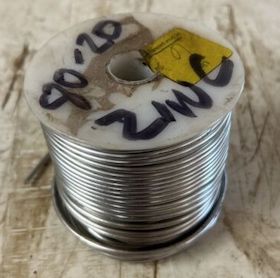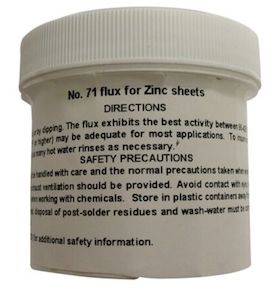
-----
Bronze sculpture from China, does it contain lead?
Q. My name is Art Wells. I am a professional sculptor that is curious about the bronze statues coming over from China. I've visited galleries across the USA that have been selling life-size figurative bronze sculpture imported from China. These sculptures are very inexpensive and therefore very attractive to the bargain-hunter browsing through an art gallery. Now that lead has been discovered in so many items being manufactured in China, I'm wondering if anyone has investigated these bronze pieces? What about the paint on the bronzes? Is the paint lead-based like what has recently been found on toys coming from China? Many of my friends in the foundry business turn people away that come to them to have repairs done on these imports because the metal won't hold a weld and can't be repaired. But I haven't come across anyone who knows if this imported bronze has been tested for lead in the alloy. I don't even know if its possible to add lead to a bronze alloy. So, again I wonder, perhaps that could be a reason the imported bronze is so weak. Perhaps lead in a bronze import would be considered harmless, unless your little kid starts chewing on the paint job. Is there anyone out there that has researched this? What are their findings? It would be nice to let the art galleries and the buying public know if their bargains contains lead.
Art WellsSculptor - Garland, Texas
2007
|
A. It would not be hard to find out. Buy one and talk to a chemist.  Dave Wichern Consultant - The Bronx, New York 2007 A. You can test that with handheld XFR analyzer (very expensive)-or you can use some spot test for lead (cheap). Hope it helps and good luck! Goran Budija- Cerovski vrh Croatia 2007 |
A. I ran across this discussion while looking up the components of Bronze. Many bronze alloys contain small amounts of lead which add density without sacrificing the malleability of the copper -- permitting intricate details and later repairs. The higher the zinc content, the more brittle the bronze alloy.
So don't panic if you find traces of lead in bronze - even high quality bronze may contain some as the artists preference. There are good references online about the various quantities of gold, silver, copper, zinc, and lead contents in bronze used for various effects. Hope this is helpful.
- Minneapolis, Minnesota, USA
February 1, 2008
A. Lead in sculptures is not harmful for the collector or the viewer. There are many antique sculptures completely made of lead. Lead in its metal form is not harmful, unless ground to a very fine powder. Lead salts are poisonous. Lead paints are poisonous too. When lead is alloyed with copper in bronze alloys it cannot leave the alloy to enter your body even when you touch or rub the sculpture, because of the stronger affinity to copper. The metal that makes the cheap Chinese sculptures brittle is Zinc. This is the same metal that the 'copper' pennies are made from. There is a low temperature zinc solder for soldering this kind of 'bronze' sculptures. Everything can be repaired. Those statues if not with metal with epoxy resin.
Krum Sotirov, artist and art therapistorhidaria.com - Varna, Bulgaria
December 25, 2020
Q, A, or Comment on THIS thread -or- Start a NEW Thread

